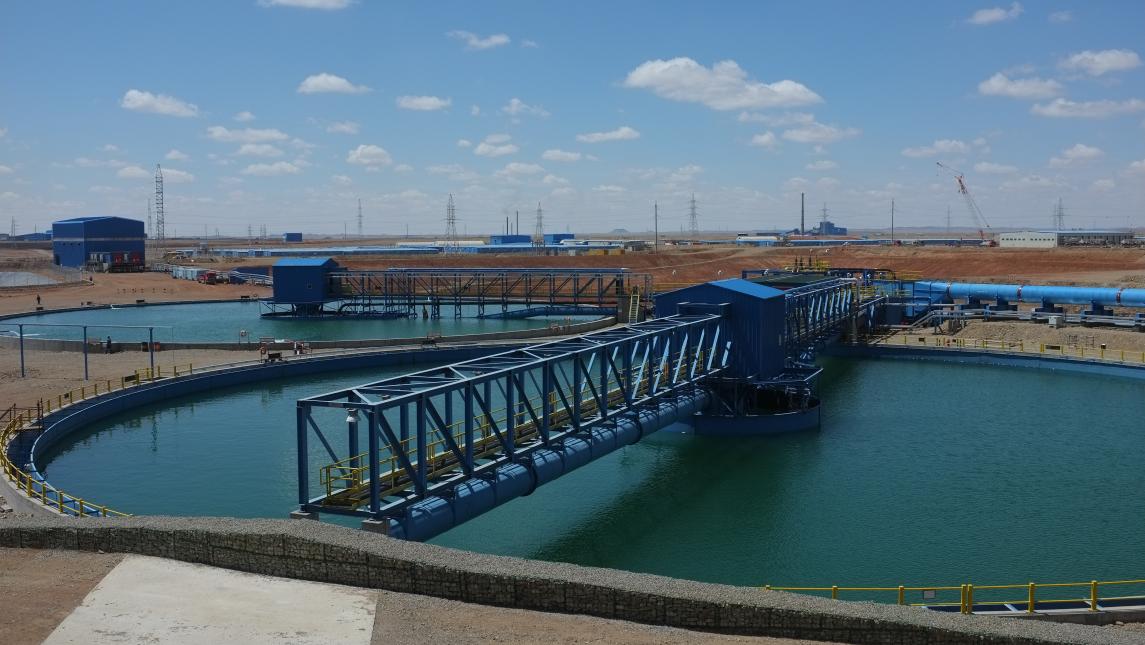What Are the Benefits of Using Satellite Data for Water Resource Management?
With the growing demand for water resources and the increasing challenges posed by climate change, efficient and sustainable water management has become a global priority. Satellite data, with its ability to provide real-time monitoring, accurate data collection, and comprehensive insights, has emerged as a powerful tool for water resource management.

Benefits Of Using Satellite Data For Water Resource Management
Enhanced Monitoring And Data Collection:
- Satellite data enables real-time monitoring of water bodies, including rivers, lakes, reservoirs, and oceans, providing valuable information on their dynamics and changes.
- Accurate data collection on water quality parameters, such as temperature, turbidity, and chlorophyll concentration, helps assess water quality and identify areas of concern.
- Satellite data improves the understanding of hydrological processes and water flow patterns, aiding in the development of effective water management strategies.
Improved Water Quality Assessment:
- Satellite data facilitates the detection and monitoring of water pollution sources, such as industrial effluents and agricultural runoff, enabling targeted interventions.
- Assessment of water quality trends and changes over time helps identify areas requiring water quality management interventions and track the effectiveness of implemented measures.
- Satellite data supports the identification of areas requiring targeted water quality management interventions.
Efficient Water Allocation And Planning:
- Satellite data aids in estimating water availability and demand, providing crucial information for water allocation decisions and ensuring equitable distribution of water resources.
- Satellite data supports long-term water resource planning and infrastructure development by providing insights into future water needs and potential challenges.
- Satellite data enables the optimization of water use efficiency in agriculture and other sectors, promoting sustainable water use practices.
Disaster Management And Preparedness:
- Satellite data enables the monitoring of floods, droughts, and other water-related disasters, providing early warnings and supporting disaster preparedness efforts.
- Satellite data facilitates the assessment of disaster impacts, such as flood inundation and drought severity, aiding in recovery efforts and the allocation of resources.
- Satellite data supports the development of early warning systems for flood and drought events, enabling timely evacuation and mitigation measures.
Environmental Conservation And Restoration:
- Satellite data enables the monitoring of wetlands, forests, and other water-dependent ecosystems, providing insights into their health and ecological functioning.
- Satellite data helps assess the impact of climate change on water resources, including changes in water availability, quality, and distribution.
- Satellite data supports conservation and restoration efforts aimed at protecting water resources, such as reforestation projects and wetland restoration initiatives.
Satellite data offers a wealth of benefits for water resource management, providing real-time monitoring, accurate data collection, and comprehensive insights into water bodies, water quality, and hydrological processes. By integrating satellite data with other data sources and utilizing advanced data analysis techniques, water managers can make informed decisions, optimize water allocation, improve water quality, and enhance disaster preparedness. Satellite data plays a vital role in addressing global water challenges and achieving sustainable water use, contributing to a water-secure future for all.
YesNo

Leave a Reply